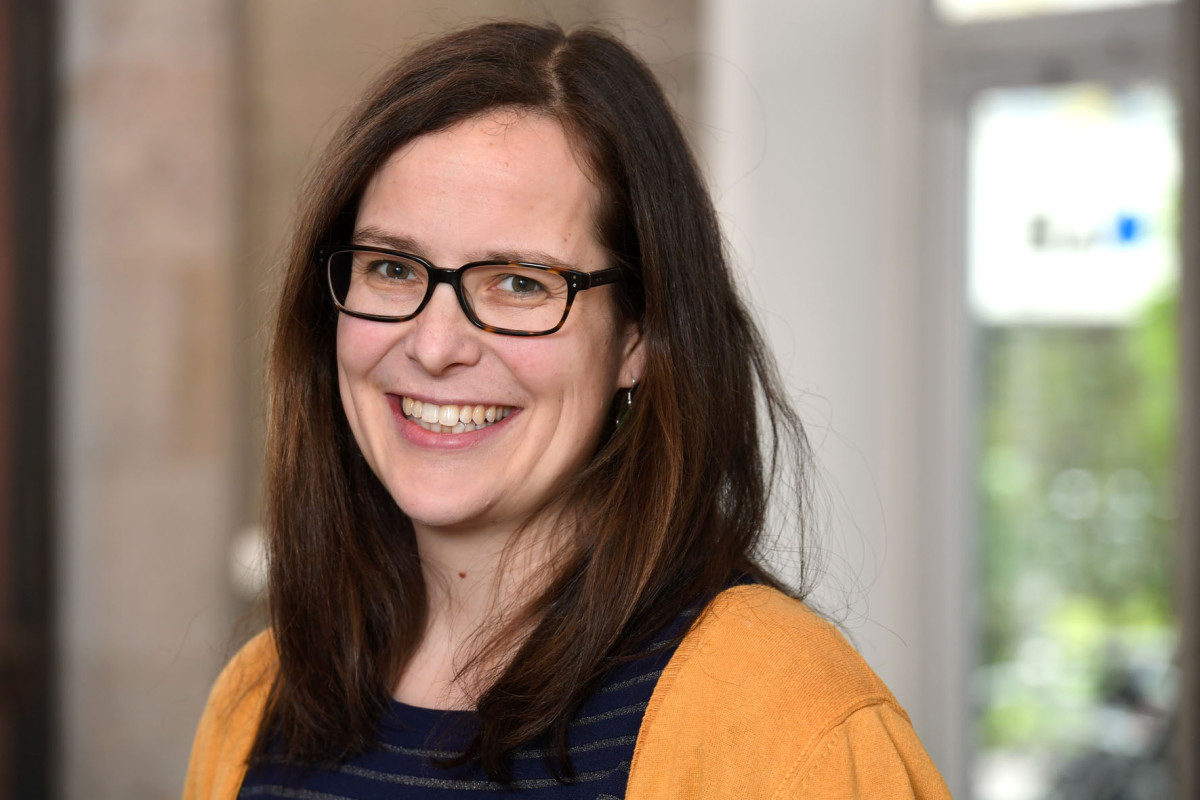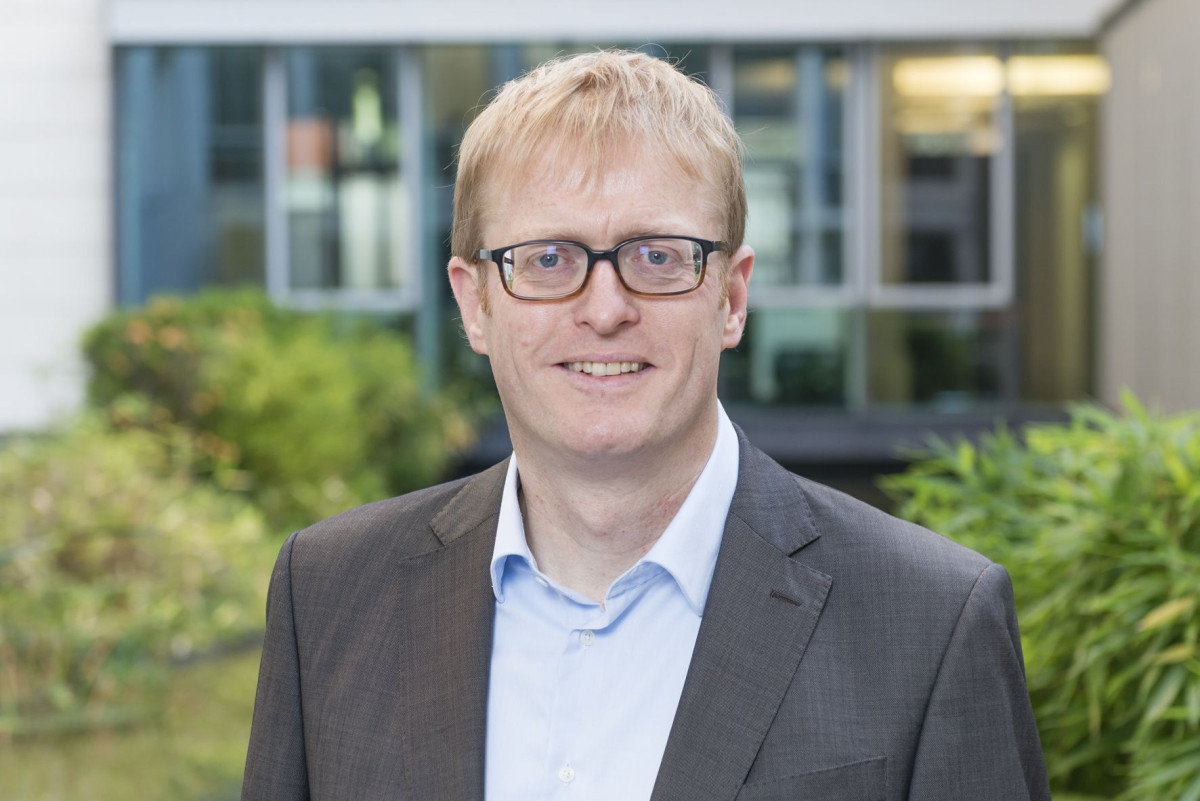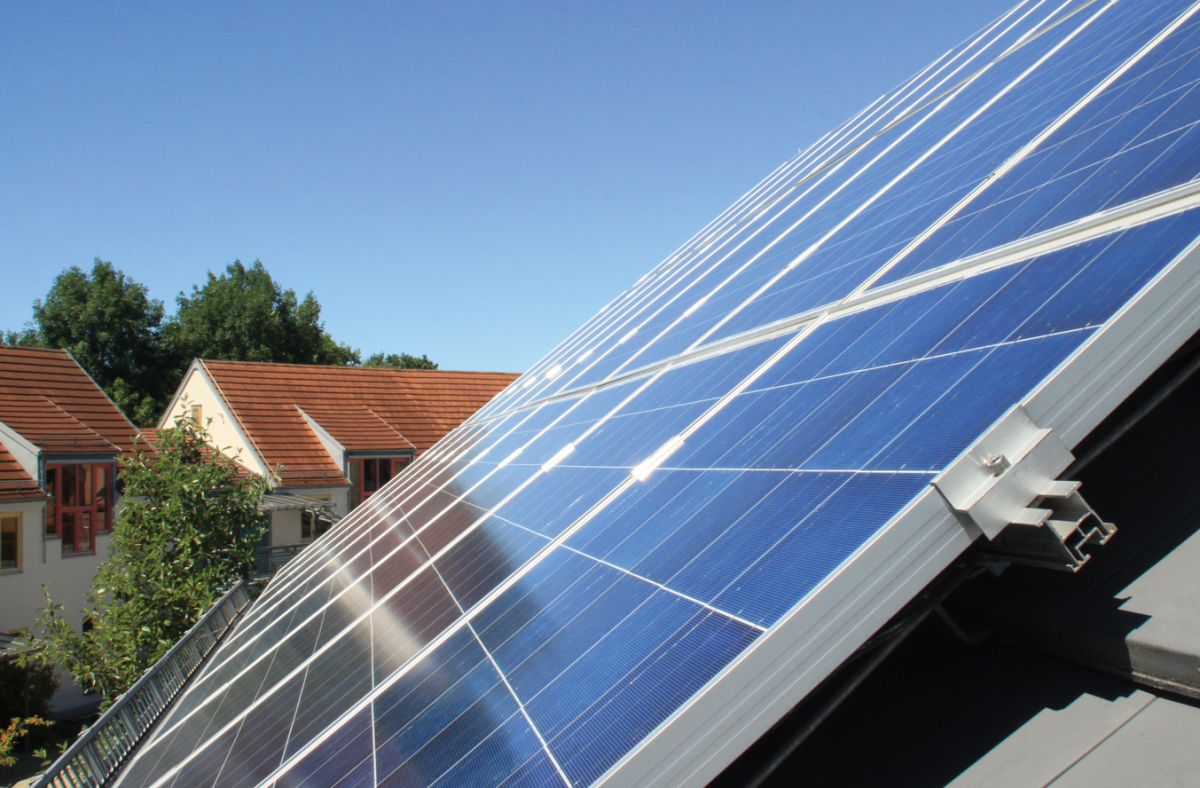2023 Preview: Supporting municipalities key for successful climate protection – urban research institute
This interview is part of a series to preview the German and European energy and climate policy in 2023.
Clean Energy Wire: Energy and climate policy in 2022 has been dominated by Russia's war on Ukraine and the European energy crisis. What impact do you expect the war to have this year, and which other topics will likely dominate the agenda in the building sector in 2023?

Corinna Altenburg: The importance and awareness of energy efficiency is on top of the agenda, and rightly so: every kilowatt hour not needed because of the efficient use of energy helps to lessen the stress on supply. The biggest challenge lies in tapping the potential of the housing sector. The question will remain how to increase the share of renewable energies in the future while trying not to fall into the path dependencies of fossil fuel supply.

Jens Hasse: Complex issues and challenges like the war on Ukraine (including the refugees coming to Germany) or the Covid-19 pandemic have claimed large parts of physical and mental capacities of ‘political energy’ at federal level, as well as at state and local levels – in municipalities and society alike. The turbulences in the global economy and the forced reorganisation of supply chains add on to this.
The consequences so far are that the pressing questions of the future, like the unavoidable transformation of the European and national energy systems – in our cities, municipalities and infrastructure – do not receive the attention and support by politicians, the economy and civil society needed to achieve progress in climate action. Municipalities of any size are at the forefront of this transformation and need to lead this change actively. If they do not or cannot continuously work on energy and climate issues, the transformation started will stall and lose momentum.
Chancellor Scholz's traffic light coalition has just finished its first year in office ‑ what do you think the administration got right so far and what does it have to deliver on most urgently this year?
Corinna Altenburg: A variety of regulations were started to strengthen the role of renewable energies and energy efficiency. While many initiatives on the national level point in the right direction, implementing projects takes (too) long. Speeding up local projects that provide climate-ready infrastructure will be key next year.
Jens Hasse: Municipalities, enterprises and private actors need to be equipped with different tools to invest in climate action, energy efficiency, climate adaptation and disaster risk reduction through their own means, both at a local and at a regional level. Public grants initiating and supporting local investments are as important as beneficial tax reduction systems, better public-private cooperation, or better business models that integrate issues like climate, green energy consumption, energy savings, better housing and future-centred local urban development.
Which topics have been overshadowed by the crisis in 2022 and should receive more attention in 2023?
Corinna Altenburg: Biodiversity, nature-based solutions and the transport sector, just to name a few.
Jens Hasse: Integrated urban planning, the implementation of what has already been planned and/or politically decided and ultimately designing and shaping the future (parallel to continuous crisis management).


